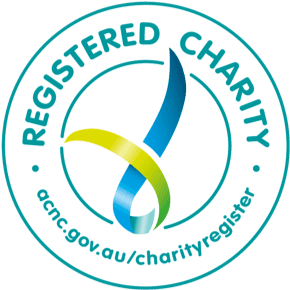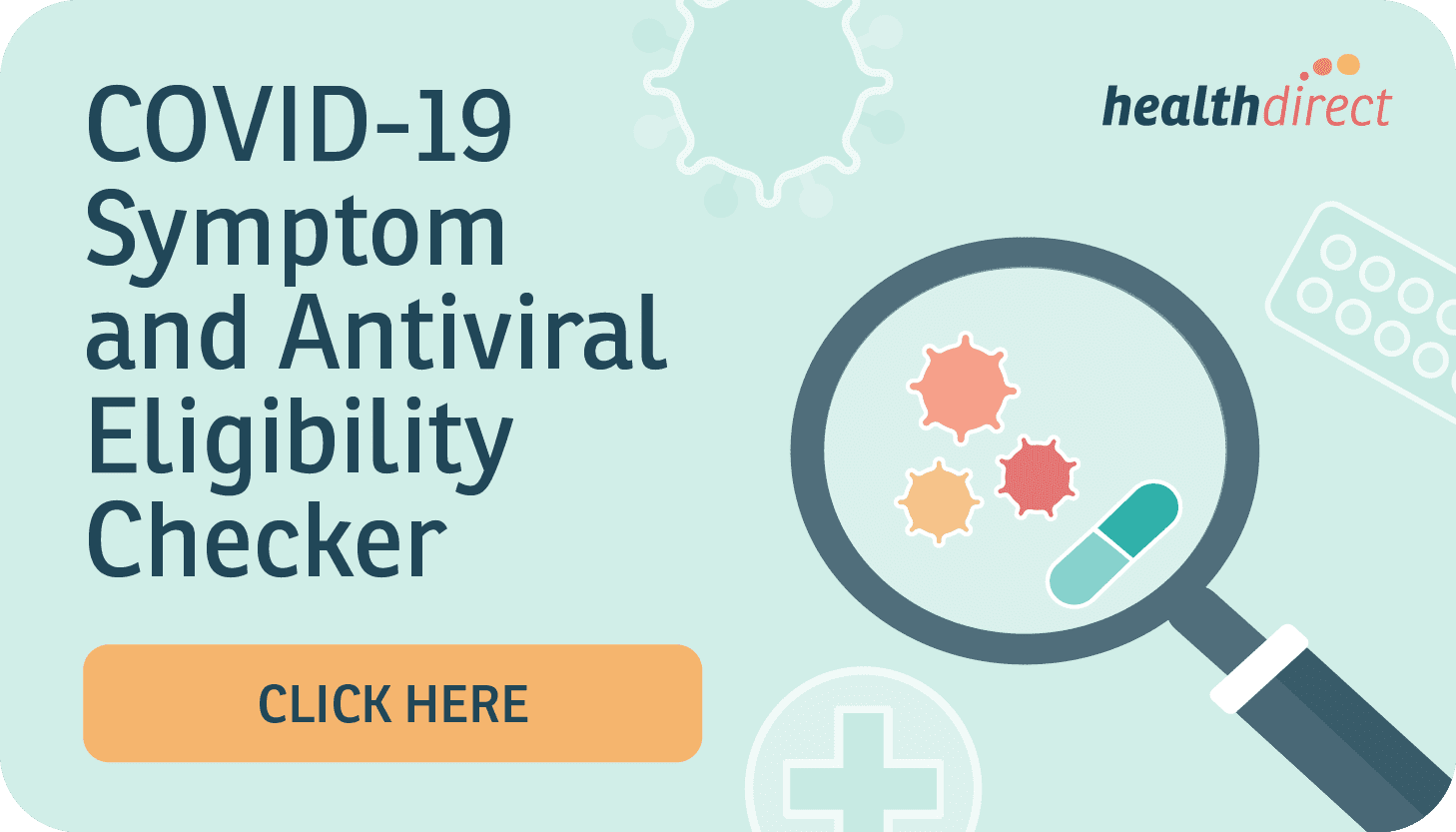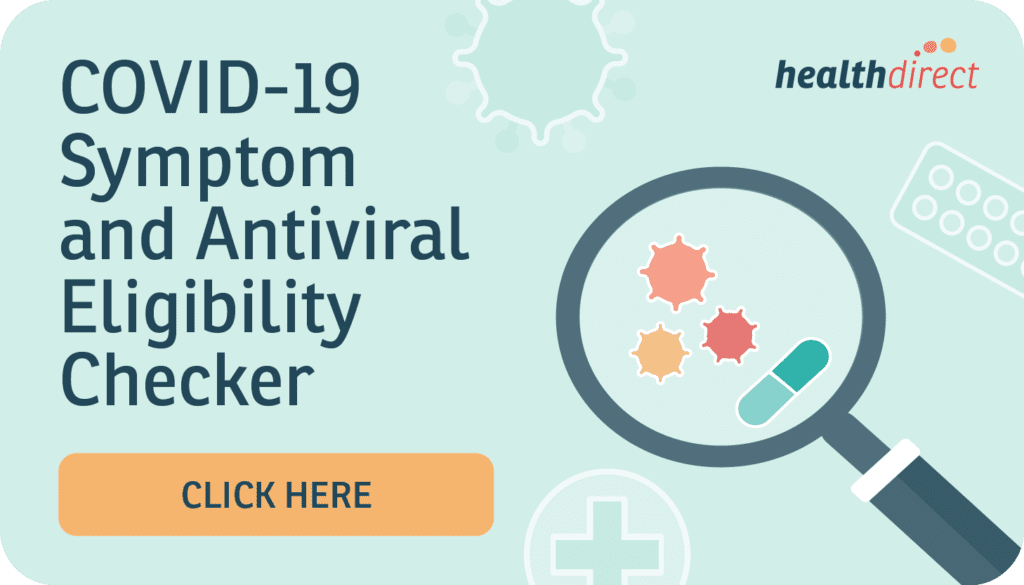What is Birth Trauma or Birth-related trauma?
Birth Trauma is a woman's experience of interactions and/or events related to childbirth that cause overwhelming distressing emotions and reactions, leading to short and/or long-term negative impacts on a woman's health and well-being.
Leinweiber et al., 2022
The delivery of a baby is a positive event for many parents, but for some, it can be a mixed experience or even very negative, resulting in physical and/or psychological injuries (trauma) with lasting negative impacts on their lives. We are here to help women, birthing people, fathers and non-birthing parents who are struggling with ongoing problems related to the birthing experience.
Birth-related trauma can be physical or psychological, or a combination of both. Birth-related trauma impacts mothers, birthing parents, fathers and non-birthing parents. For mums and birthing parents, please keep reading for further information relating to types of physical and psychological trauma and steps to follow to get help. We also have information, especially for Fathers & Partners and Friends and Family.
Physical Birth-related Trauma
Physical trauma (birth injuries) may or may not be identified straight away. You may be the first to notice that something isn’t right. Don’t be afraid to ask questions. It is important to understand that physical birth injuries may require you to seek expert medical advice and assessment.
Physical trauma can present as:
- Perineal tears
- Bladder damage
- Pelvic floor muscle damage
- Pelvic organ prolapse (POP)
- Infected stitches
- Incontinence/leaking of wee or poo
- Pelvic fractures (public bone, coccyx, sacrum)
- Cesarean wounds
- Pudendal neuralgia (nerve pain/damage)
- Wound dehiscence (wound breakdown/separation)
- Hysterectomy (removal of womb/uterus)
- Postpartum haemorrhage (PPH/secondary PPH)
- Other injuries that may not have been categorised here
For more information, visit our Physical Birth Trauma Page.
Psychological Birth-related Trauma
Birth can be wonderful, but sometimes it is frightening and even traumatic; this is known as Psychological birth-related trauma. Some people think trauma feels like too big a word and that they shouldn’t be traumatised. We want you to know that if your birth experience felt traumatic to you, then it was.
The shock of what happened during your birth experience can bring about a number of mental health challenges, including anxiety, depression, and other disorders. Some people experience severe emotional distress after a traumatic birth, even though there was no physical trauma. It’s important to know that trauma can continue long after birth, with many people not seeking support for months or even years after.
Psychological trauma may present as:
- Postpartum post-traumatic stress disorder (PTSD)
- Postnatal depression and/or anxiety (PNDA)
- Obsessive Compulsive Disorder (OCD) (For example, obsessive thoughts that can affect our behaviour, such as checking on the baby constantly or recurring thoughts that impact your enjoyment of daily life).
For more information, visit our Psychological Birth Trauma page.
Donate via PAYPAL Today
Related Links
Getting Help
Finding the words for what you may be experiencing can be difficult. If you don’t want to talk, BTA (formerly ABTA) members report that writing down their stories can often be the first step to processing what has happened. Doing this may help you get some insight into why and how things are.
You may find talking to some of the following people useful as you begin your journey of seeking help:
- Your partner, family or friends
- Your mother’s group
- A community or religious leader
- Chat with one of our Peer2Peer Support Workers
- Join our Private Facebook support group
If you need health professional support, the sooner you do so, the sooner you can start your recovery and find coping tools at home and work. If you are a bit nervous about taking this first step, having a trusted friend or supporter accompany you may also be a good idea.
There is also a wide choice of valuable treatments subsidised by Medicare, Care Plans set up by your GP, ACC (NZ), Private Health cover, and other online sources. A good starting point could be speaking to your GP, Midwife, Obstetrician, or Child Health Nurse. We recommend that if you speak with your GP, you talk about overall health and make sure you ask for a longer appointment when you book.
These health professionals will be able to understand your level of need and refer you to the appropriate provider, such as:
- Maternity care provider
- Counsellor
- Social worker
- Psychologist
- Psychiatrist
- Pelvic floor physiotherapist.
- Gynaecologist
- Urogynaecologist
If your symptoms are birth injury related and you are early postpartum, there may be outpatient public health (hospital) options available through the hospital where you gave birth. However, this isn’t always an option, so women usually seek the care of a pelvic health physiotherapist working in a private practice. Some women may be eligible to receive a rebate from Medicare if their GP refers them through a management plan. To be eligible for this Medicare benefit, your GP must deem that the condition is ongoing or ‘chronic’, and you may be eligible for up to 5 allied health visits per year under a Team Care Arrangement. If you are struggling to get access to care, please get in touch with us.
Some birth injuries may not be diagnosed at the time of the birth. This is due to the complexity of some types of damage that may happen underneath and may not be noticed, or you may be symptomless and still have physical trauma to the pelvic floor.
Our private Facebook support group for women and birthing people is useful because you can ask questions from parents who may have experienced similar problems. While the information you receive in the support group shouldn’t replace the advice of a health professional, it can be very helpful to speak to your peers, too.
Many different health professionals can assist and provide treatment in the management of birth-related trauma. It cannot be very clear to consider what type of doctor or specialist needs to be seen, who to speak to, and who specialises in what. You may find our Birth Trauma Care Guide, which outlines the types of health professionals associated with both types of birth-related trauma, helpful. Above all, be patient – healing takes time and often requires a holistic approach to care.
Some women have reported to us negative experiences they’ve had when seeking help. For example, being told that nothing is wrong with them, when they feel like something isn’t right, or they may have been mis-diagnosed, or they’ve had to go back to the hospital they experienced the trauma in to get help. You might need to look around, and you might need to be your own advocate, but there ARE people out there who really want to help you recover.
Once you have been given a specialist referral, we recommend finding out more to ensure that they have the experience and expertise you require. Birth-related trauma is still a relatively new area of focus, and finding the right health professional is an extremely important part of your recovery process. If you are unsure, seeking a second opinion may also be useful.
Getting information that may help you understand what has happened
If you are feeling confused about your experience in hospital, it may help to obtain details of what actually happened. This may provide insight into what interventions were used and why. Whilst this may be painful to relive, you may feel a sense of relief or closure. You could do this by discussing your notes with your midwife or obstetrician. Our family guide to debriefing can be found here.
Find Time For You
Be gentle with yourself. Your body has done an amazing thing to give birth, so do not feel ashamed if you are struggling to cope. Take it day by day and rest when you can. As difficult as it may be in the early weeks, try to make time for yourself. Activities such as a gentle walk, reading a book, trying meditation (we love the Calm app) or using other relaxation techniques can all help.
Try to nourish your body with good whole foods and avoid caffeine and alcohol as much as you can. Fresh air and sunshine with light exercise may improve your mood and sleep quality. Try and get your partner or support team involved as much as you can so that you can catch up on sleep when possible. Not only will this help you but your whole family will benefit from this extra bonding experience.
If anyone offers help, accept it. Ask for food or help around the house.
Often women and their families are so focused on the baby that the emotional well-being of the mother (or partner) takes a lower priority. It’s very common to think things will get better with time; however, recovery from birth-related trauma is complex, and the sooner you seek help, the better.








